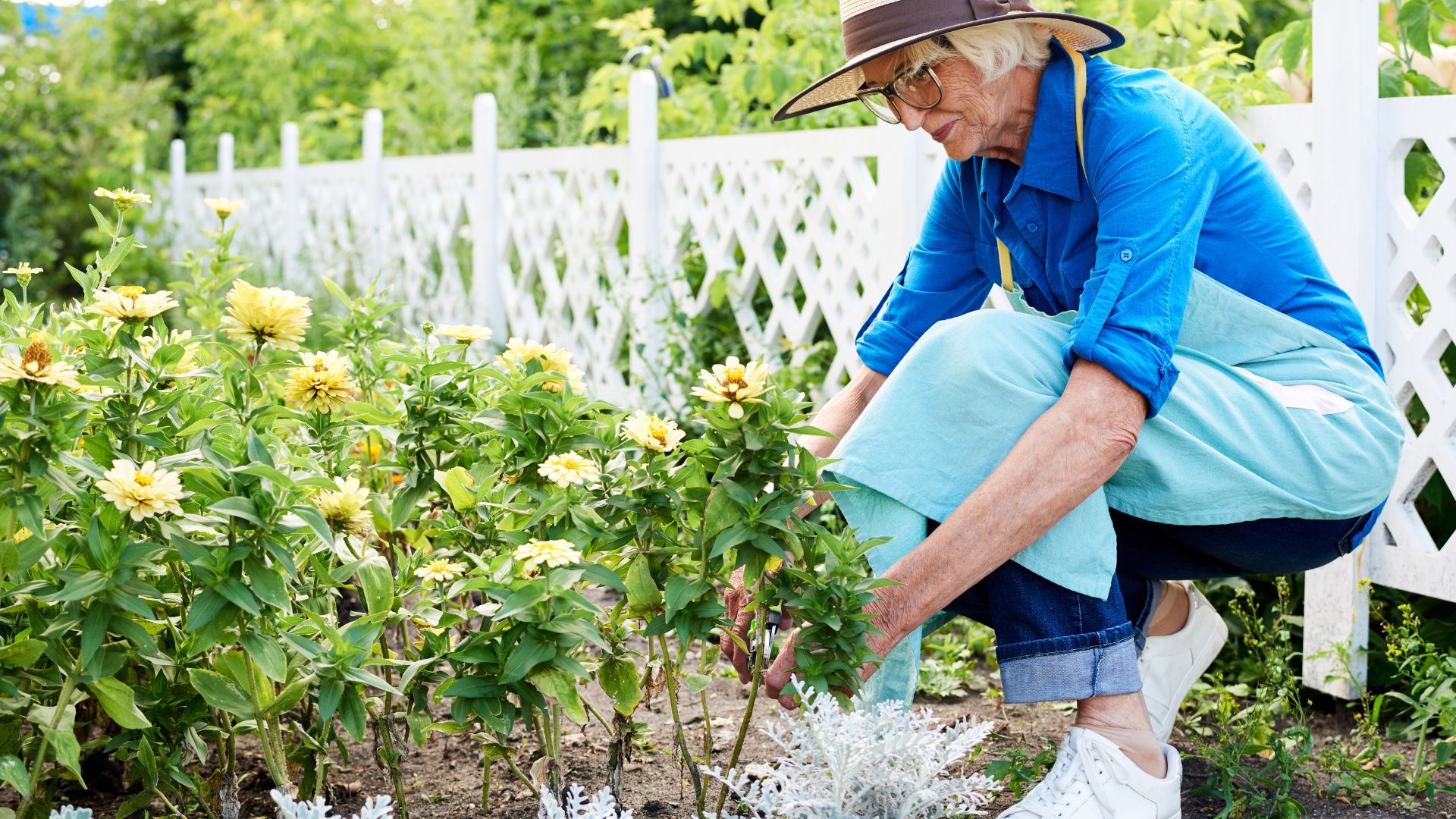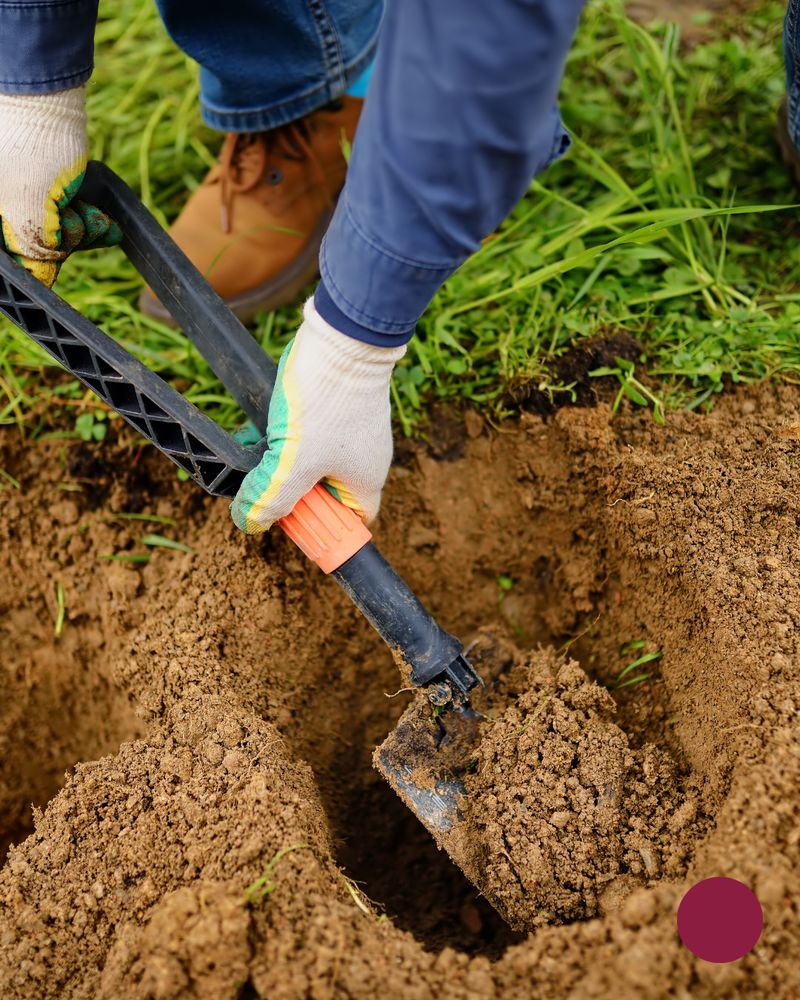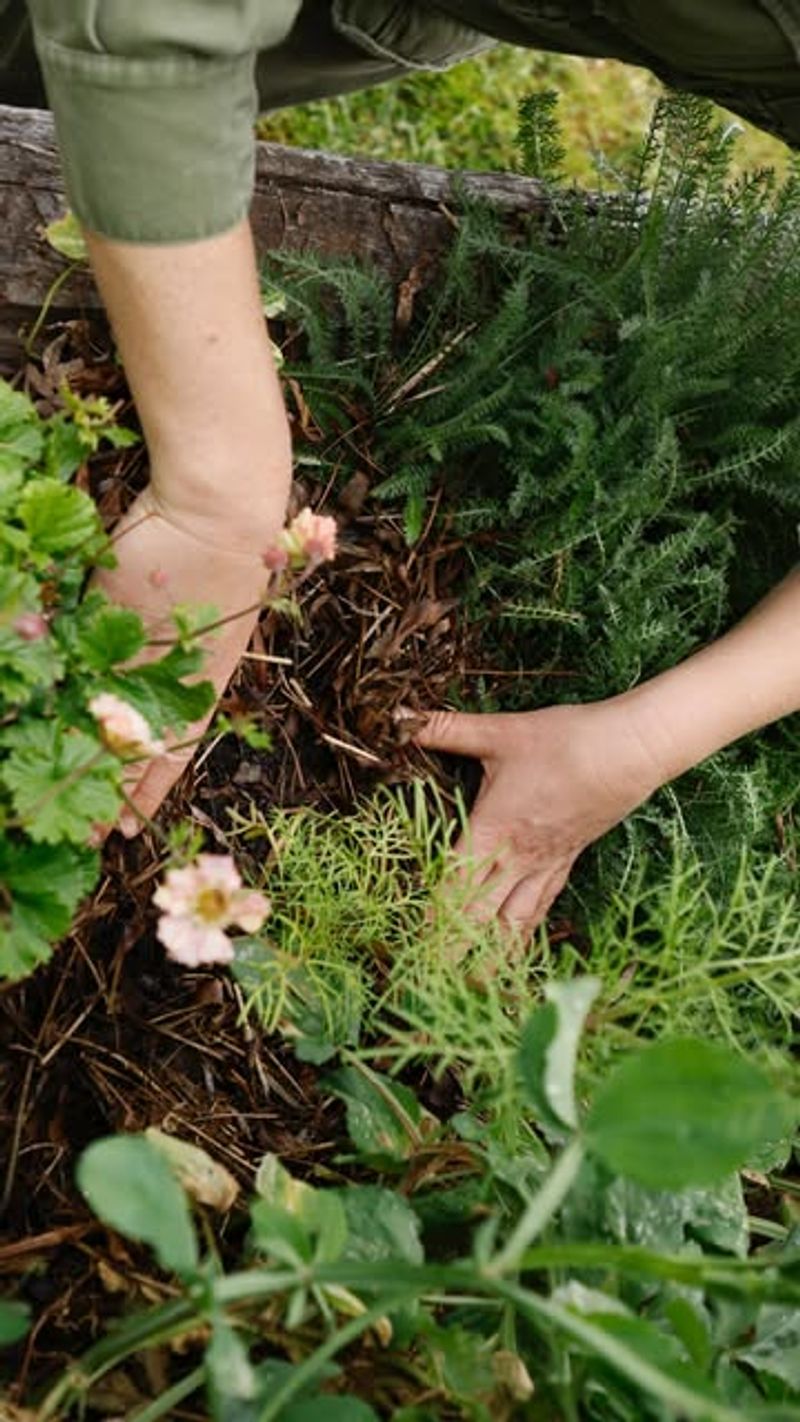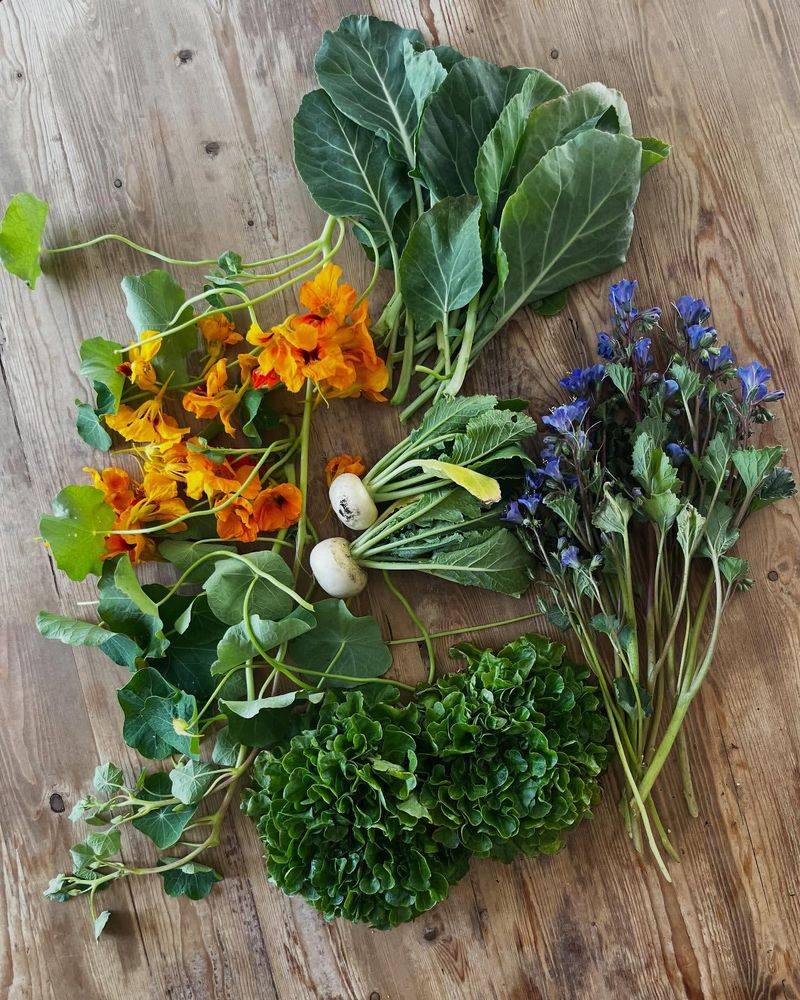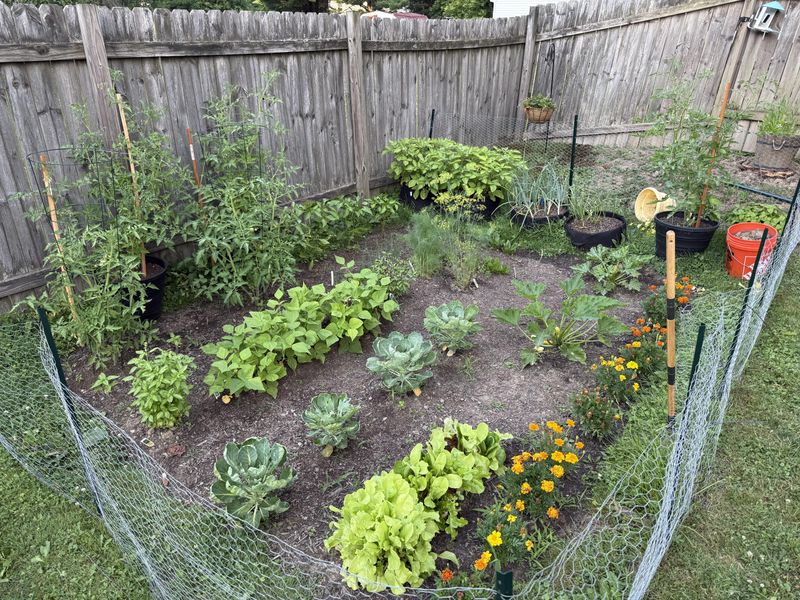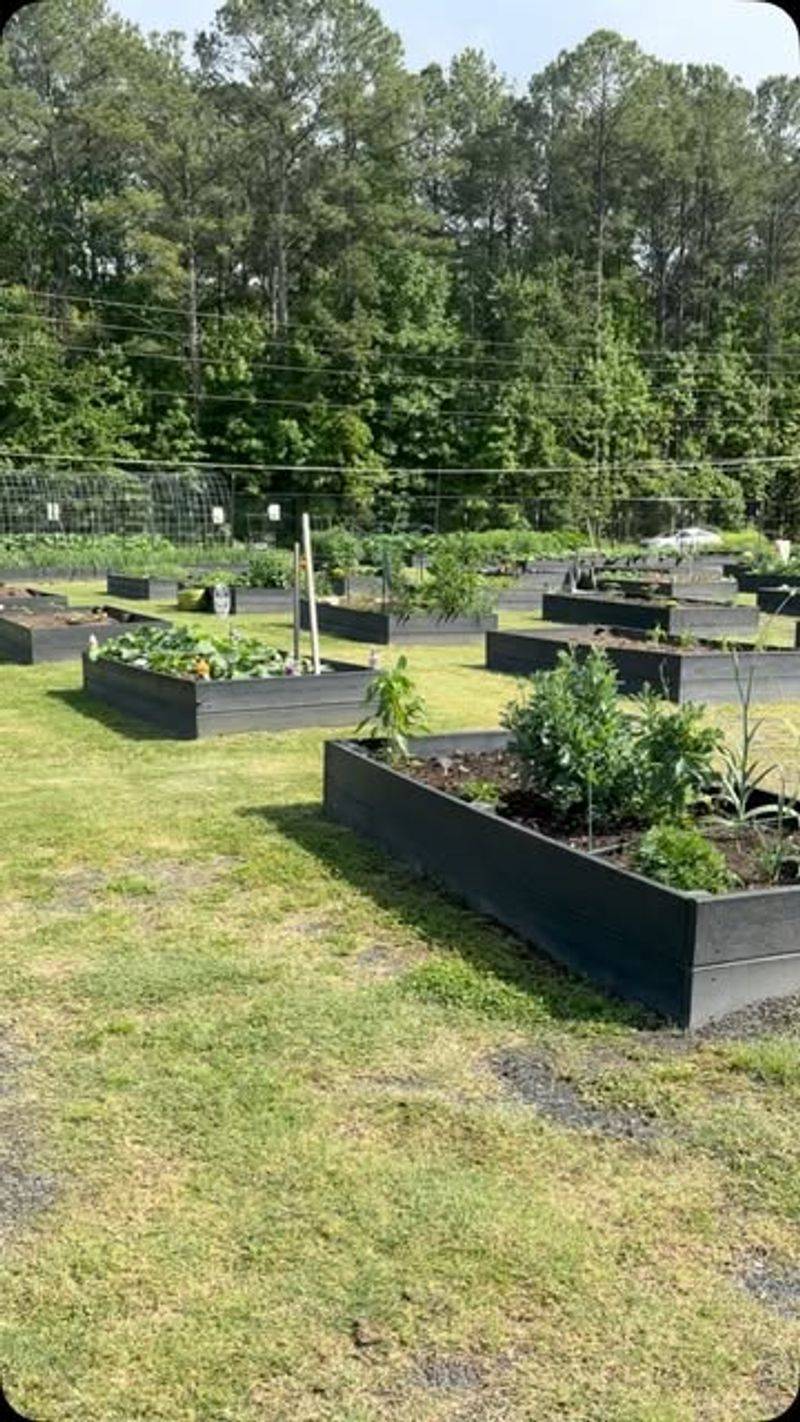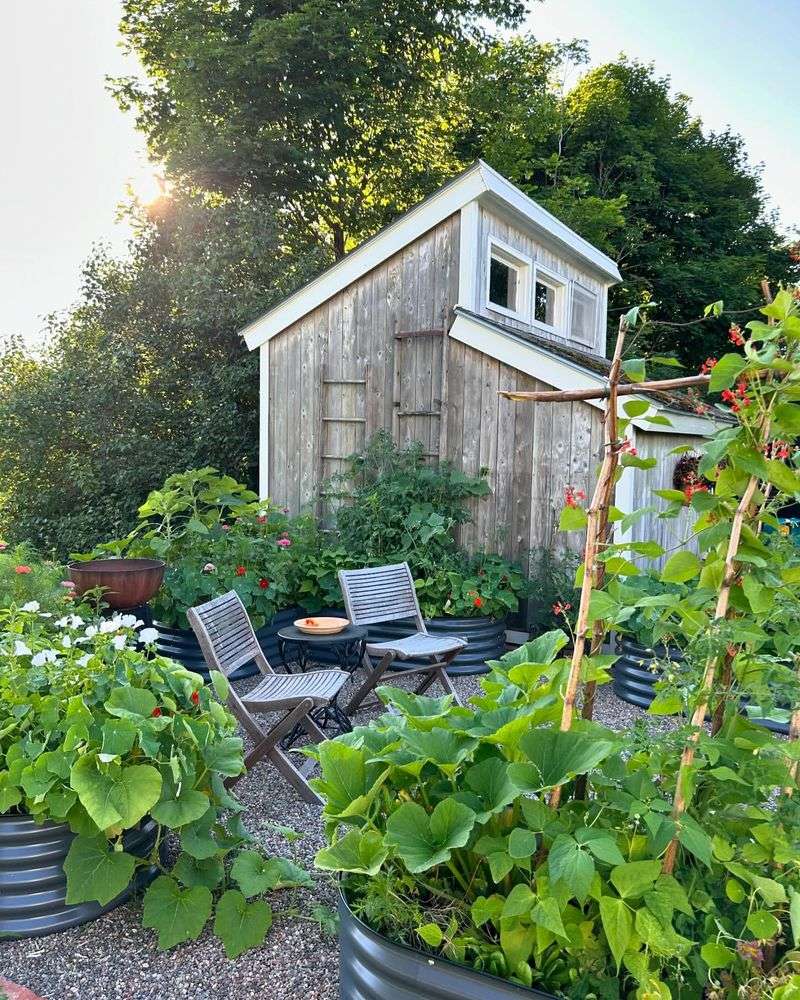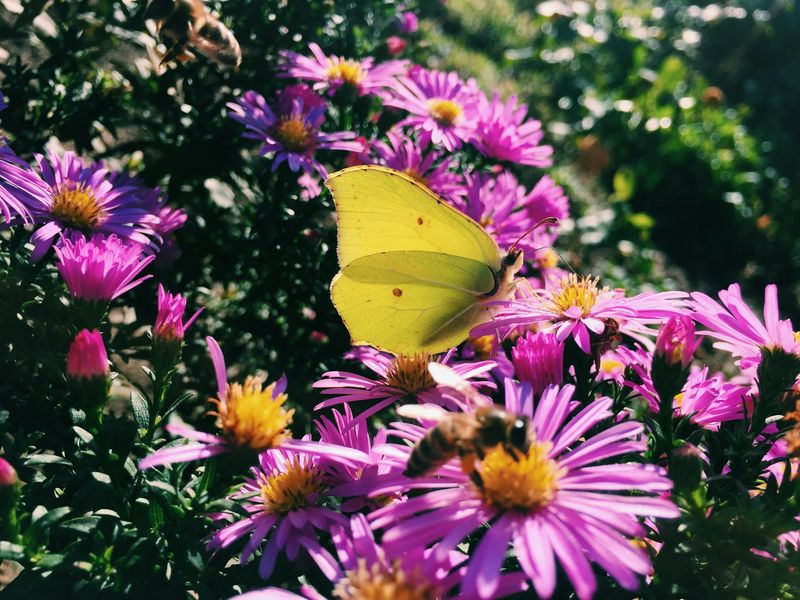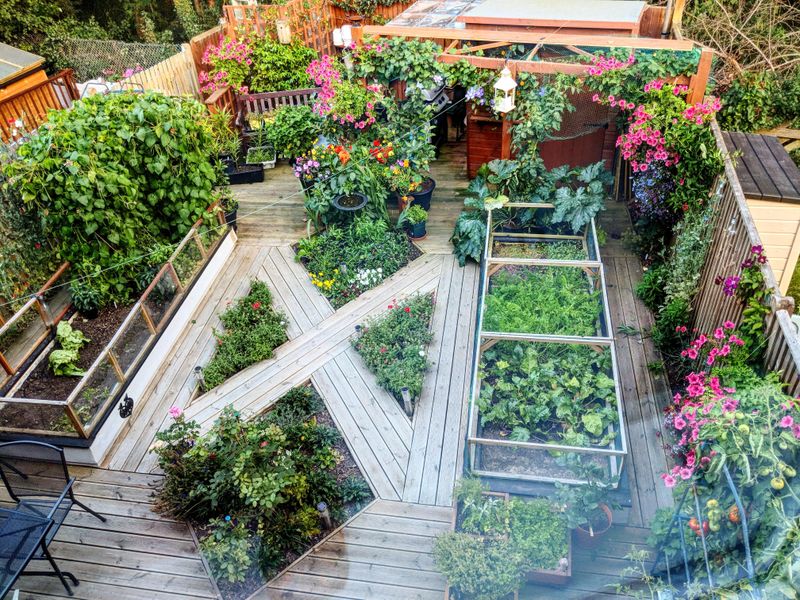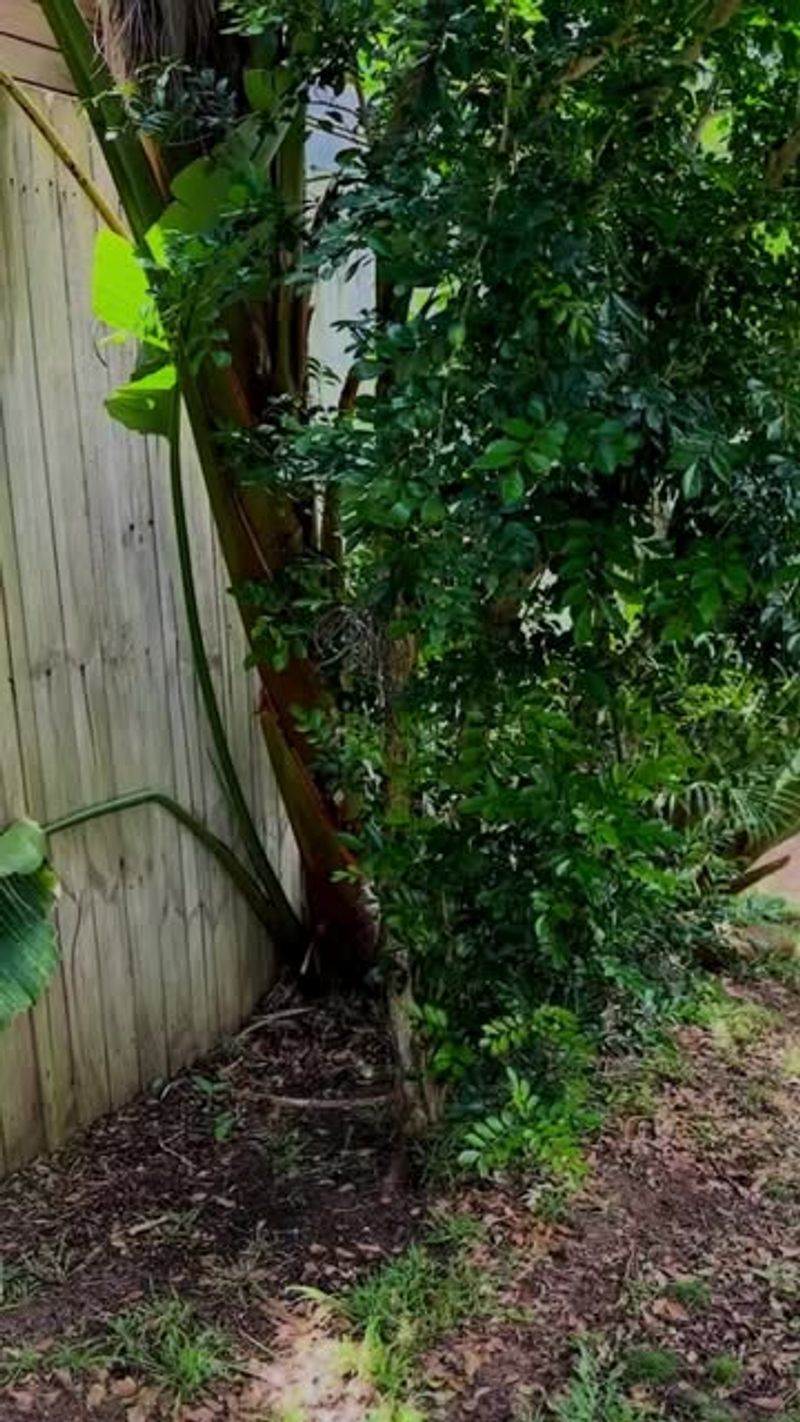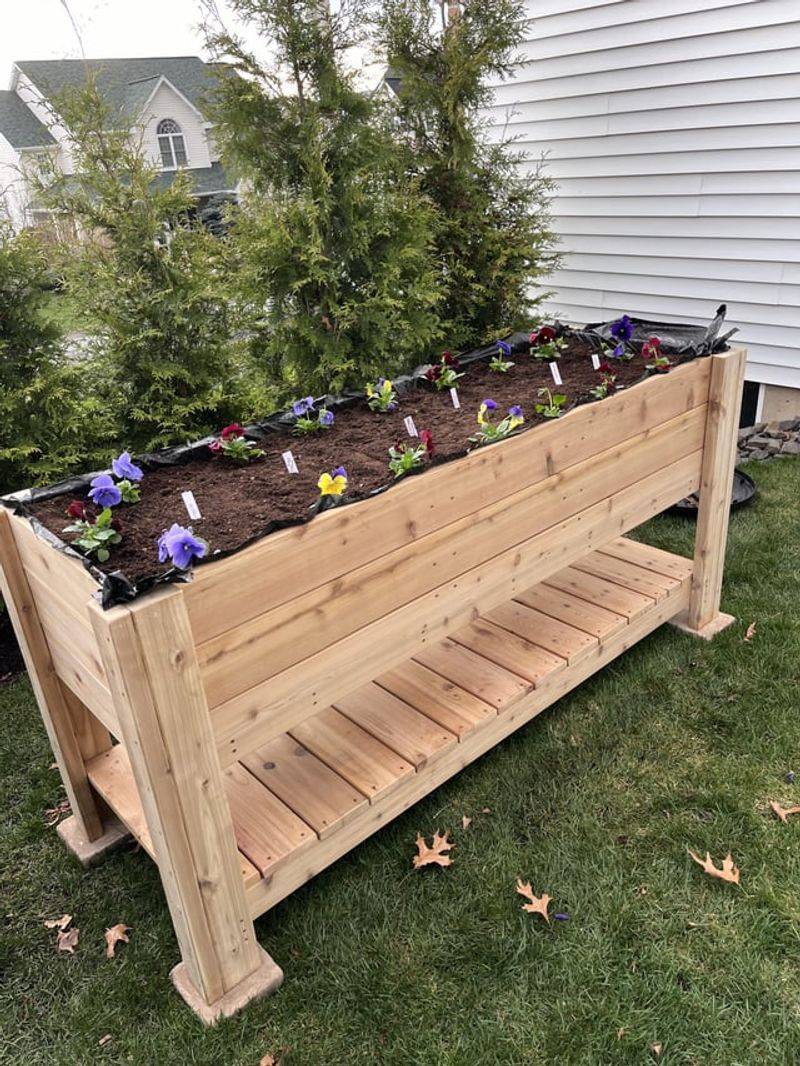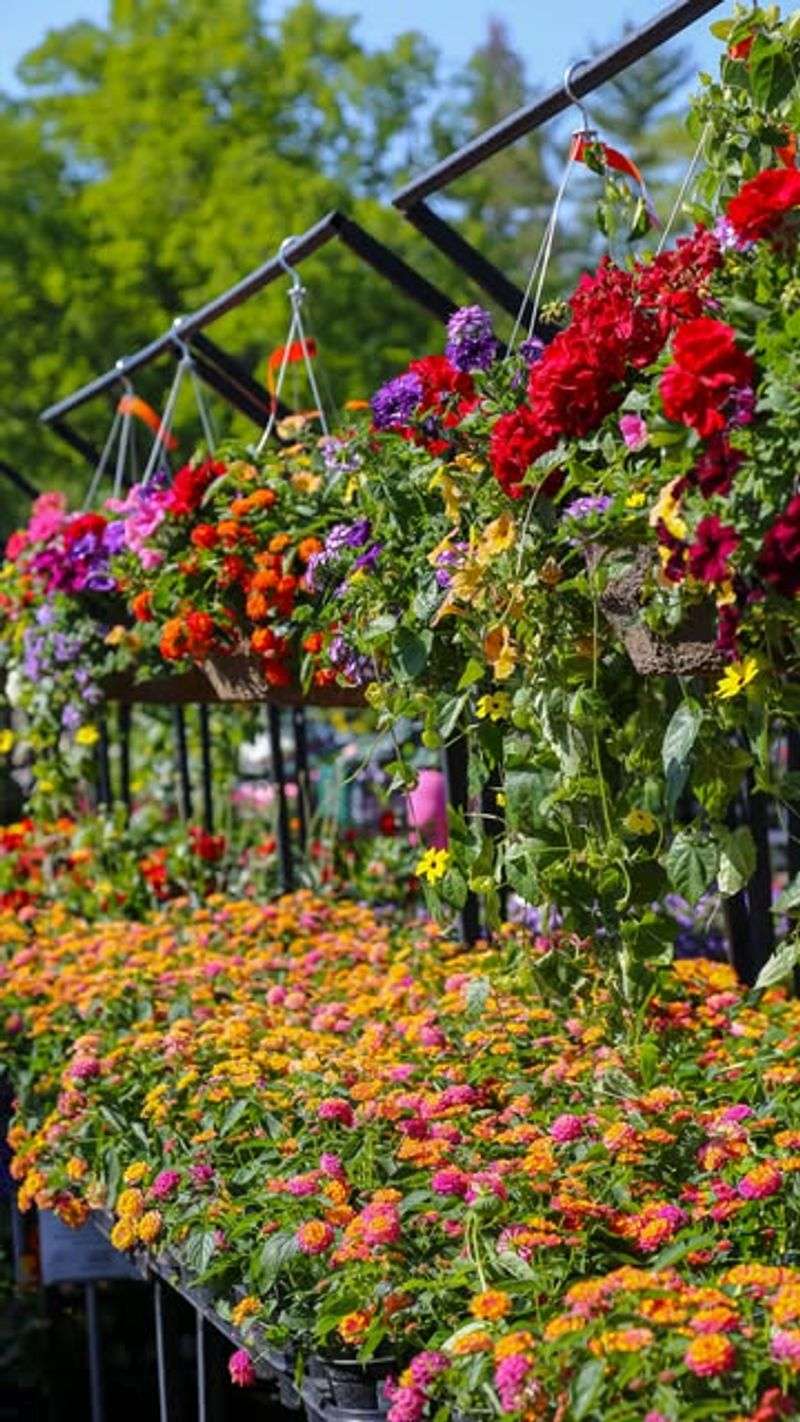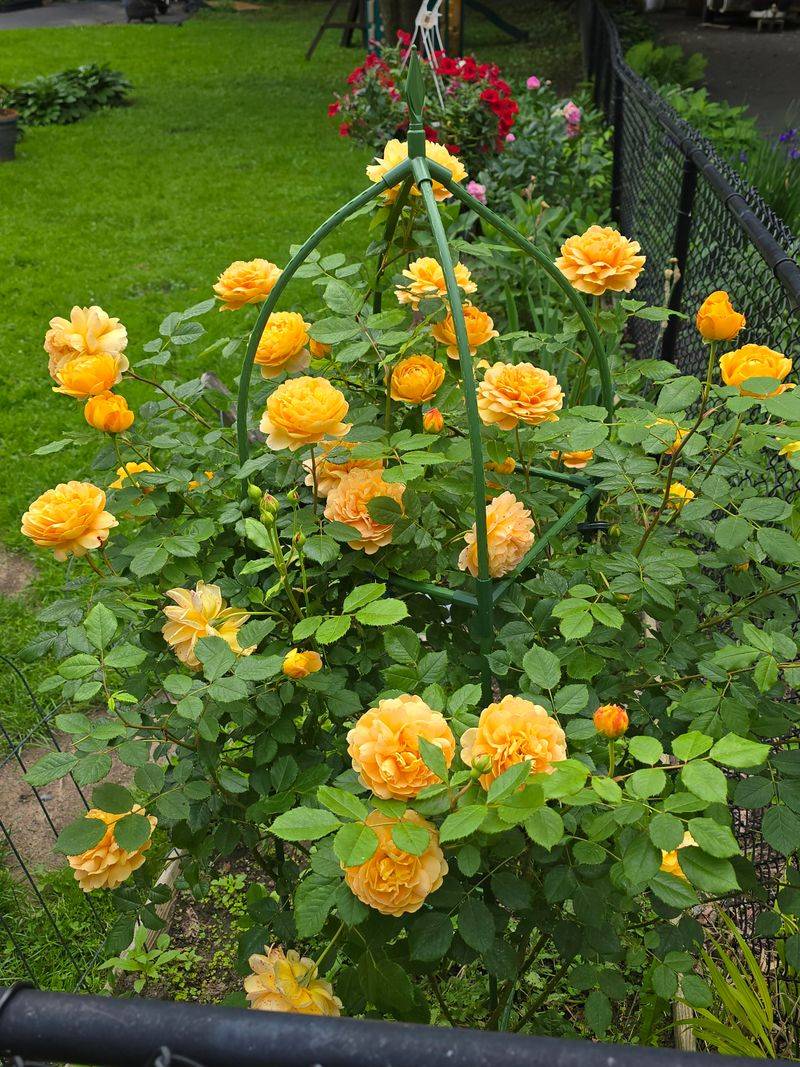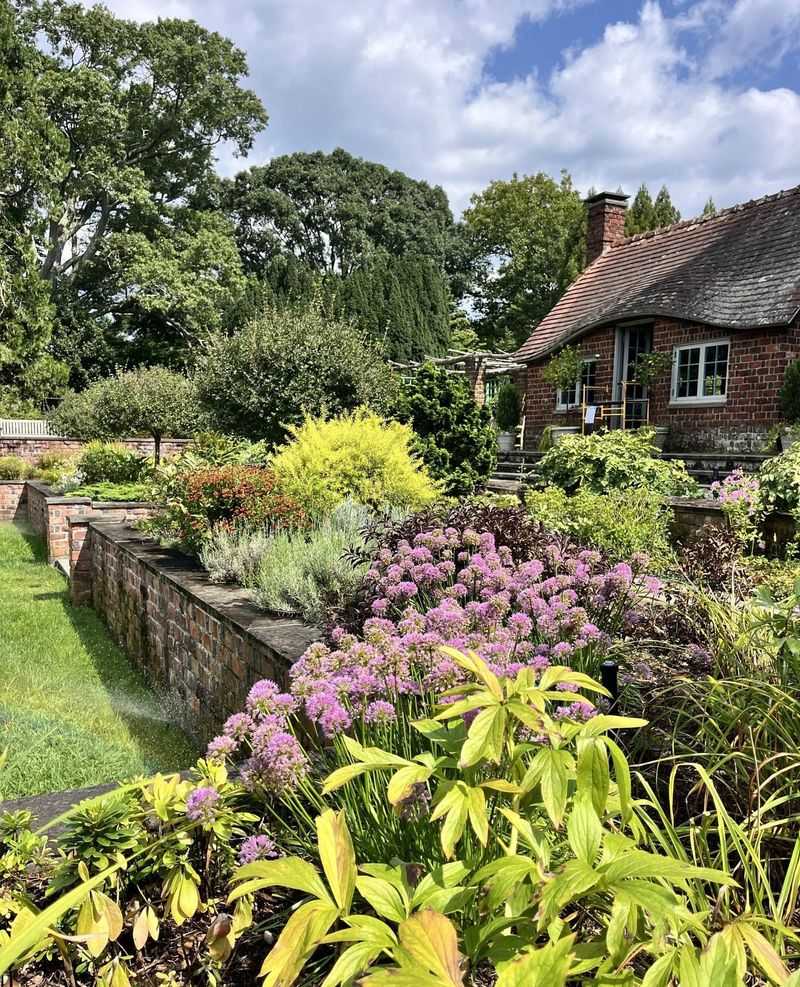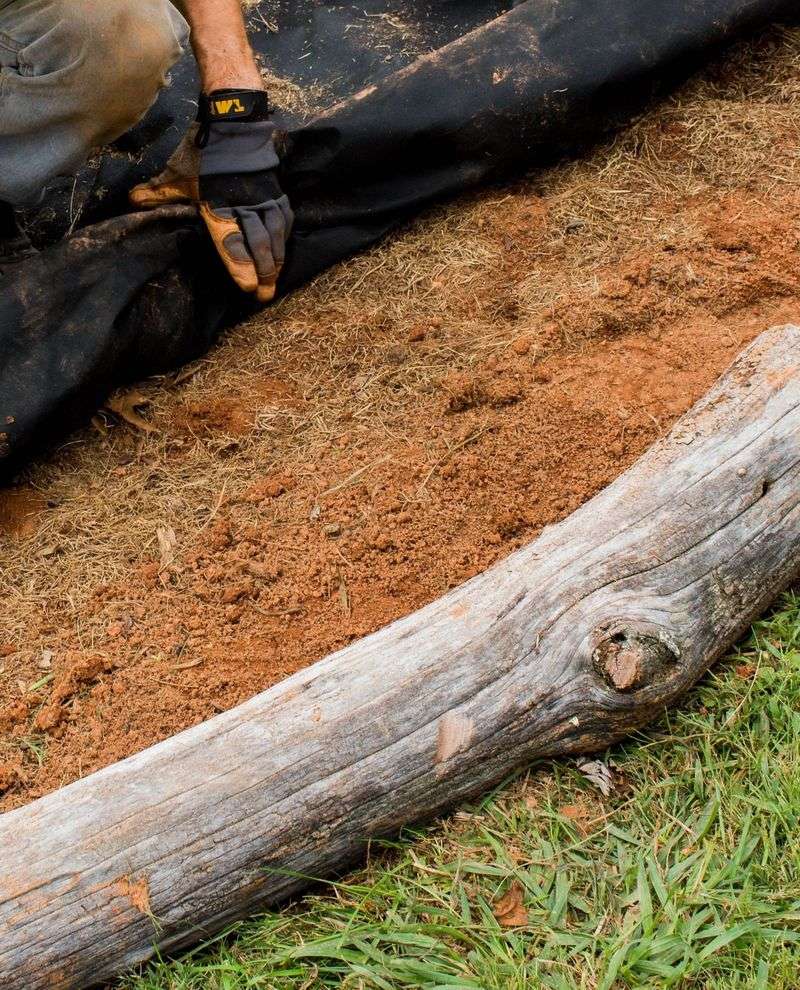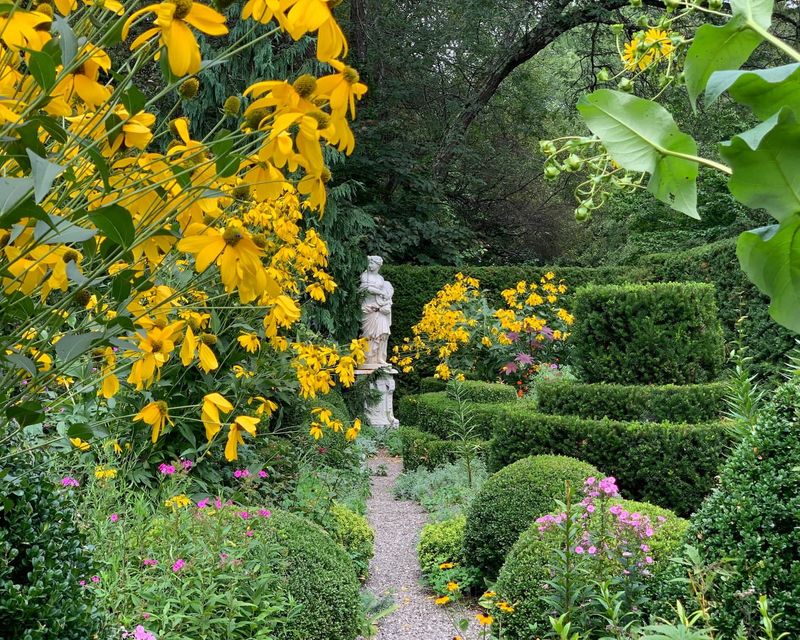Retirement isn’t the end of something—it’s the start of something deeply rewarding. Gardening offers more than fresh flowers and homegrown veggies. It boosts physical health, lifts your mood, and brings a renewed sense of purpose.
These 16 ways show how time spent in the soil can truly enrich life after retirement—one plant, one peaceful moment at a time.
1. Physical Exercise Without the Gym Membership
Gardening keeps your body moving in ways that challenge different muscle groups. Digging, planting, weeding, and watering involve bending, stretching, and lifting that improve strength and flexibility.
Unlike repetitive gym routines, garden work varies with the seasons and provides purposeful movement. The physical benefits accumulate gradually as you tend to your garden paradise.
Many retirees find they sleep better after a day spent working outdoors, with the bonus of fresh air filling their lungs throughout the activity.
2. Stress Relief Through Green Therapy
Gardening creates a peaceful escape from everyday worries. The simple act of focusing on plants rather than problems allows the mind to reset and find calm.
Research shows that soil contains microorganisms that actually trigger the release of serotonin in our brains – the same effect as antidepressant medications. Your garden becomes a natural stress-management center right in your backyard.
Many retirees report feeling their blood pressure drop and their breathing slow as they immerse themselves in garden tasks.
3. Nutritional Bounty from Your Backyard
Growing your own vegetables and fruits provides the freshest possible produce right outside your door. The nutritional value peaks at harvest, unlike store-bought options that lose vitamins during transport and storage.
Homegrown tomatoes, leafy greens, and berries often contain fewer pesticides and more nutrients than commercial alternatives. Your garden becomes a personal farmers’ market with zero travel required. Many retirees discover new varieties they never tried before, expanding their palates while improving their diets.
4. Brain Health Through Continuous Learning
Gardens present endless opportunities for learning, keeping your mind active and engaged. Each plant, pest problem, or seasonal change becomes a mini research project that exercises your brain.
Planning garden layouts, remembering planting schedules, and troubleshooting problems all strengthen cognitive connections.
Garden journals track progress and become valuable resources for future seasons. Many retirees join garden clubs or online forums, adding social dimensions to their botanical education while staying mentally sharp through constant discovery.
5. Community Connections Through Shared Harvests
Garden abundance naturally leads to sharing, creating natural opportunities to connect with neighbors and friends. Extra zucchini, tomatoes, or flowers become perfect gifts that start conversations and strengthen community bonds.
Trading garden tips with fellow enthusiasts builds relationships across generations and backgrounds. Your expertise becomes valuable as newer gardeners seek advice.
Many retirees find purpose in donating extra produce to food pantries or teaching gardening skills at community centers, expanding their social circles while making meaningful contributions.
6. Budget-Friendly Food Production
Growing your own food creates significant savings on grocery bills while providing superior quality. A packet of seeds costing a few dollars can yield pounds of produce worth much more at store prices.
Composting kitchen scraps reduces waste while creating free fertilizer for next season’s plants. The garden becomes a sustainable system that grows more efficient each year.
Many retirees on fixed incomes appreciate how gardening stretches their budget while improving their quality of life and providing healthy, fresh options that might otherwise be unaffordable.
7. Creative Expression Through Landscape Design
Gardens offer endless creative possibilities for personal expression. Arranging plants by color, texture, and height becomes an artistic pursuit that changes with the seasons.
Selecting garden ornaments, pathways, and features allows you to create outdoor rooms that reflect your personality. The garden becomes your canvas, with living materials that evolve and surprise.
Many retirees discover artistic talents they never knew they possessed as they experiment with garden design, finding satisfaction in creating beauty that can be shared with visitors.
8. Spiritual Connection With Natural Cycles
Gardening connects us deeply with nature’s rhythms and cycles. Witnessing seeds sprout, plants flower, and leaves fall creates awareness of life’s continuous renewal that many find spiritually meaningful.
The patience required for gardening – waiting for plants to grow and seasons to change – cultivates mindfulness and presence.
Time slows down among the plants. Many retirees find garden work meditative, offering quiet moments for reflection and appreciation of life’s interconnectedness while providing perspective on their own place in the natural world.
9. Family Bonding Across Generations
Gardens create perfect settings for quality time with grandchildren and family. Teaching young ones to plant seeds or identify butterflies builds connections while passing down knowledge and values.
Harvesting berries together or creating special garden areas just for children creates lasting memories. These shared experiences often become cherished family traditions.
Many retirees find that gardening bridges generation gaps, giving grandchildren screen-free activities while creating natural opportunities for conversations and storytelling that strengthen family bonds.
10. Sense of Purpose Through Nurturing Life
Caring for plants provides meaningful responsibility that many retirees find deeply satisfying. Each plant depends on your attention, creating daily purpose and structure after leaving the workforce.
Watching seeds you’ve planted transform into flourishing gardens creates tangible evidence of your efforts and care. The visible results boost self-esteem and confidence.
Many retirees discover renewed purpose through specialized gardening projects like butterfly habitats or native plant restoration, knowing their work contributes to environmental health beyond their own enjoyment.
11. Improved Balance and Coordination
Regular gardening naturally improves balance and coordination as you navigate uneven ground and perform varied tasks. Reaching for branches, kneeling to weed, and carrying watering cans all require body awareness that keeps you nimble.
The varied movements of gardening strengthen core muscles that support good posture and stability. Unlike repetitive exercises, garden work engages your body in natural, functional movements.
Many retirees notice improved mobility and fewer falls after gardening becomes part of their routine, with the added benefit of enjoying beautiful surroundings while staying physically capable.
12. Mood Enhancement Through Sunshine and Fresh Air
Garden time guarantees exposure to natural sunlight, helping your body produce vitamin D while regulating sleep cycles and mood. The fresh air and changing scenery provide a natural antidote to indoor confinement.
Working among flowers and greenery stimulates multiple senses – the scent of herbs, the sound of birds, the feel of soil – creating a multisensory experience that lifts spirits. Your garden becomes a natural mood medicine.
Many retirees report feeling more optimistic and energetic during and after garden sessions, with effects that carry over into other aspects of daily life.
13. Seasonal Celebrations and Traditions
Gardens naturally mark the passage of time through seasonal changes, creating opportunities for special traditions and celebrations. Spring bulbs, summer harvests, fall color, and winter planning each bring their own rhythms and rituals.
Garden-based traditions like first-tomato tastings or flower arranging from your own cutting garden become anticipated highlights. These personal celebrations connect you to the natural world’s calendar.
Many retirees create special garden spaces dedicated to seasonal enjoyment, like moon gardens for evening relaxation or autumn fire pits surrounded by ornamental grasses that catch the light.
14. Environmental Stewardship Close to Home
Creating wildlife-friendly gardens allows retirees to make meaningful environmental contributions right at home. Planting native flowers, installing bird baths, or creating butterfly habitats supports local ecosystems.
Sustainable gardening practices like composting, rainwater collection, and avoiding chemicals demonstrate values in action. Your garden becomes a personal conservation project with visible results.
Many retirees find deep satisfaction in creating backyard sanctuaries that support pollinators, birds, and beneficial insects, knowing they’re helping preserve biodiversity for future generations.
15. Adaptable Activity for Changing Abilities
Gardening easily adapts to changing physical abilities, making it an ideal lifelong pursuit. Raised beds, container gardens, and ergonomic tools allow continued participation despite mobility changes.
The variety of gardening tasks means you can always find activities matching your current capabilities. On low-energy days, gentle deadheading might be perfect; on stronger days, more vigorous digging might feel right.
Many retirees appreciate how gardening evolves with them, offering ways to stay active and engaged regardless of age-related changes while providing ongoing connection to a beloved hobby.
16. Legacy Creation Through Perennial Gardens
Planting trees, shrubs, and perennials creates living legacies that continue growing for years or decades. Establishing gardens that outlast you provides a special kind of immortality and connection to future generations.
Heritage plants passed down through families carry stories and histories. That lilac from grandmother’s garden or great-grandfather’s apple tree variety becomes part of your family narrative.
Many retirees find comfort and meaning in creating gardens that will continue providing beauty, shade, and perhaps food long after they’re gone, leaving a living monument to their care and foresight.

